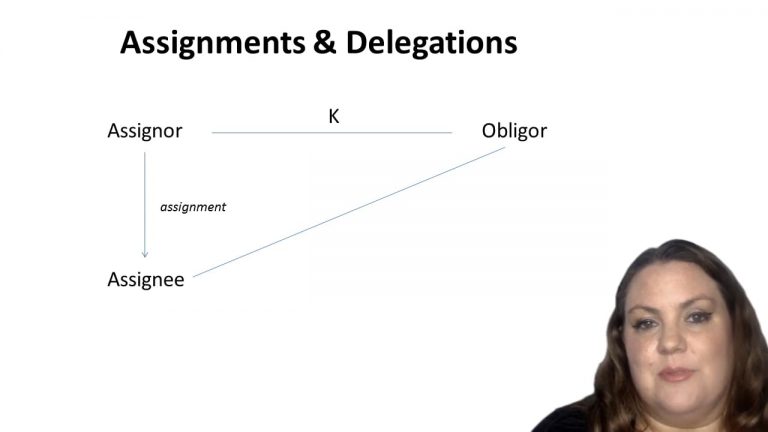SmartBrief
Confirm favorite deletion?
Contracts Keyed to Farnsworth
Delacy Investments, Inc. v. Thurman & Re/Max Real Estate Guide, Inc.
Citation:
693 N.W.2d 479Facts
Steven Thurman (co-defendant), a real estate agent, entered into a master repurchase and security agreement with Delacy Investments (“Delacy”) (plaintiff). Per this agreement, Delacy had a security interest in all of Thurman’s current and future receivables. Thurman later entered into an independent-contract agreement with Re/Max Real Estate Guide, Inc. (“Re/Max”) (co-defendant). Under his employment relationship with Re/Max, Thurman would pay overhead expenses in exchange for commissions (as long as the commissions did not exceed the overhead). Delacy later agreed to purchase a $10,000 receivable relating to Thurman’s sale of a property located on Keller Lake. Thurman’s overhead of $11,126.38 exceeded the $10,000 receivable and Re/Max refused to pay the assigned receivable. Delacy filed a complaint in district court to recover the $10,000. The district court found that Thurman was not entitled to the receivable and that Delacy could not obtain a greater right than Thurman to that receivable. Delacy appealed.
Only StudyBuddy Pro offers the complete Case Brief Anatomy*
Access the most important case brief elements for optimal case understanding.
*Case Brief Anatomy includes: Brief Prologue, Complete Case Brief, Brief Epilogue
- The Brief Prologue provides necessary case brief introductory information and includes:
Topic:
Identifies the topic of law and where this case fits within your course outline.Parties:
Identifies the cast of characters involved in the case.Procedural Posture & History:
Shares the case history with how lower courts have ruled on the matter.Case Key Terms, Acts, Doctrines, etc.:
A case specific Legal Term Dictionary.Case Doctrines, Acts, Statutes, Amendments and Treatises:
Identifies and Defines Legal Authority used in this case.
- The Case Brief is the complete case summarized and authored in the traditional Law School I.R.A.C. format. The Pro case brief includes:
Brief Facts:
A Synopsis of the Facts of the case.Rule of Law:
Identifies the Legal Principle the Court used in deciding the case.Facts:
What are the factual circumstances that gave rise to the civil or criminal case? What is the relationship of the Parties that are involved in the case.Issue(s):
Lists the Questions of Law that are raised by the Facts of the case.Holding:
Shares the Court's answer to the legal questions raised in the issue.Concurring / Dissenting Opinions:
Includes valuable concurring or dissenting opinions and their key points.Reasoning and Analysis:
Identifies the chain of argument(s) which led the judges to rule as they did.
- The Brief Prologue closes the case brief with important forward-looking discussion and includes:
Policy:
Identifies the Policy if any that has been established by the case.Court Direction:
Shares where the Court went from here for this case.
Topic Resources
Topic Outline
Topic Refresher Course

 11m 23s
11m 23s